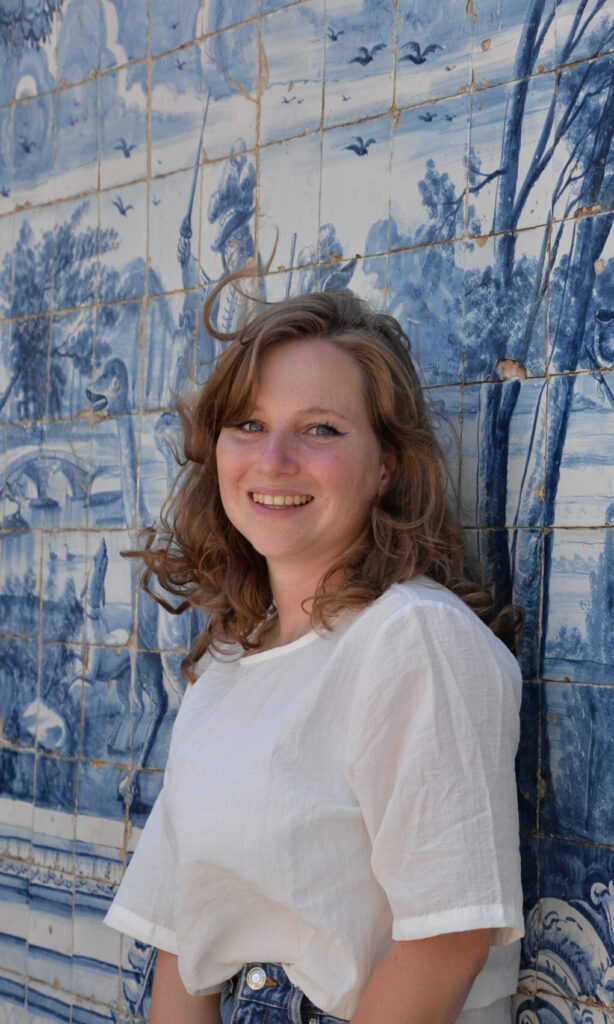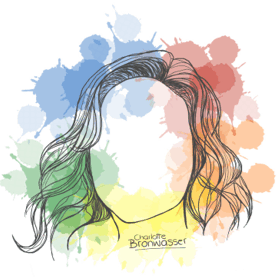Last update – July 2025
My Professional Identity
I am a curious, socially engaged designer with an analytical mindset and a strong ethical awareness. With a background in both Industrial Design and Law, I approach design challenges from multiple perspectives: connecting human behaviour, social context, and technological possibilities. I thrive at the intersection of research and creativity, where I can explore complex problems and translate them into meaningful design opportunities.
I position myself as an empathetic, realistic, and research-driven designer. I am energized by working with people — through co-design, interviews, and fieldwork — and I enjoy uncovering the values and tensions that shape their everyday experiences. I naturally take initiative in teams and am highly organized, but I have also learned the value of letting go of control and embracing iteration, failure, and exploration.
I actively apply methods such as contextmapping, mixed-perspectives, and field-based research to engage deeply with users and their environments. My recent experiences with courses like Constructive Design Research, UX Theory & Practice, and Data-enabled Design have helped me sharpen my approach — combining behavioural insights, co-creation, and data exploration in ethically grounded ways.
My Vision
I believe design should contribute to a more conscious, equitable, and responsible society. In an increasingly complex world, designers have the responsibility to reflect critically on what they create, for whom, and with what consequences. Design is not neutral. It shapes behaviour, relationships, and even worldviews — which is why ethical reflection must be an integral part of the process.
My vision of design is holistic and human-centered. I see users not as isolated individuals but as part of broader social, cultural, and emotional ecosystems. I aim to design with—not just for—people, and to create interventions that are grounded in real contexts. I am especially interested in how design can reveal or shift existing behaviours, support decision-making, and empower people in meaningful ways.
I approach data not only as a way to validate, but as a creative input that can challenge assumptions, uncover patterns, and open up new directions. Through the DED framework, I learned how simple probes, qualitative data, and iteration can lead to unexpected but valuable insights — especially when combined with empathic engagement and critical reflection.

